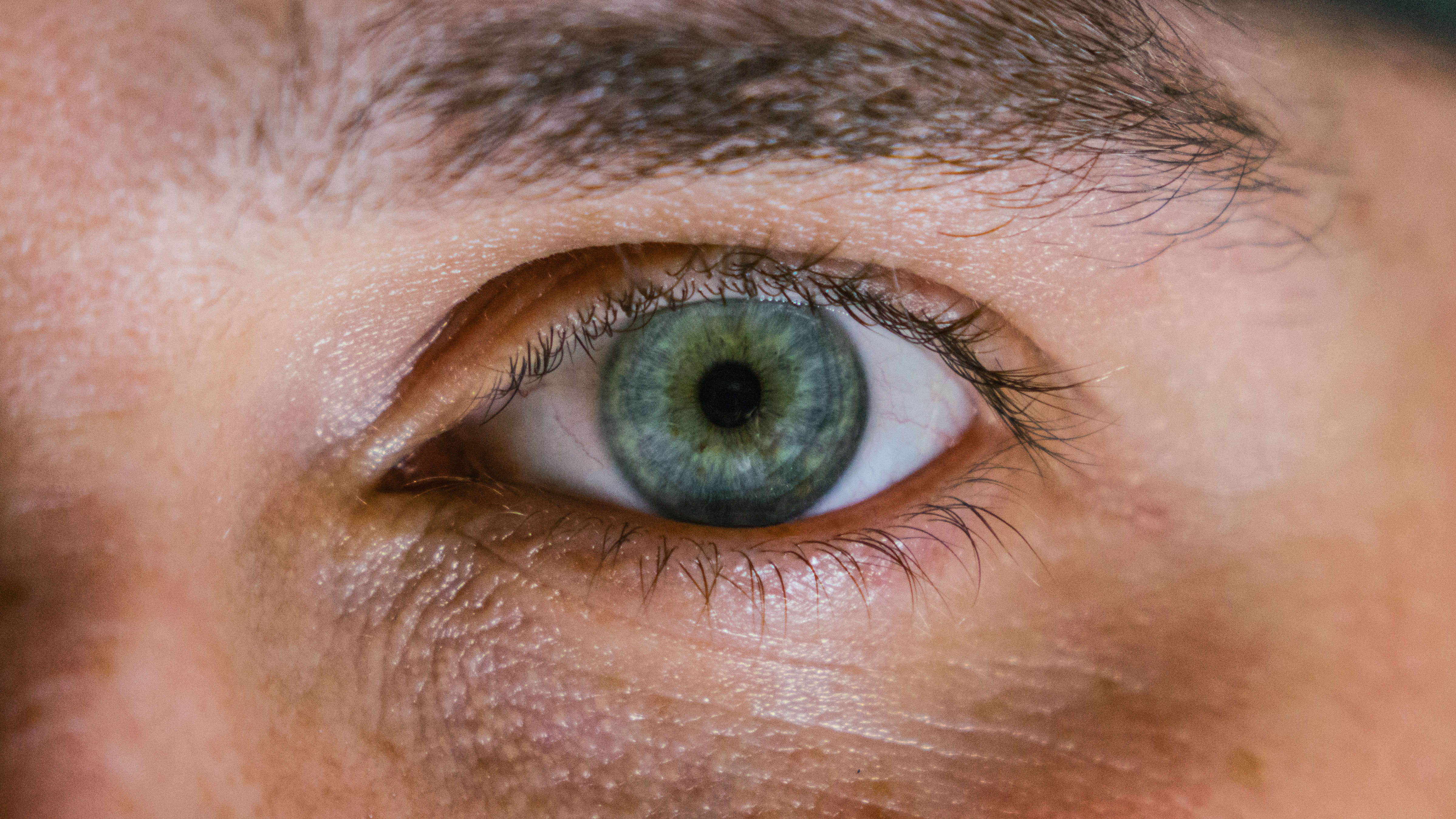
Politics & Society
Keeping sexual harassment complaints confidential

Research that asked women to log the times they felt sexually objectified on their smartphones has found it harms their wellbeing – even when they are witnessing other women objectified
Published 24 July 2019
How does a woman feel when a man wolf-whistles at her from across the street, or a male co-worker gives her body a fleeting once-over before looking her in the eye?
These examples may seem relatively innocent to some, but because behaviours reduce women to mere objects of men’s sexual desire, they may have negative consequences for women’s wellbeing.

The process by which sexual objectification is psychologically harmful to women was first described by psychologists Barbara Fredrickson and Tomi-Ann Roberts in the mid-1990s.
According to Fredrickson and Roberts’s theory, when women are treated as objects, they momentarily view their own bodies from the perspective of the person objectifying them – becoming preoccupied with their physical appearance and sexual value to others.

Politics & Society
Keeping sexual harassment complaints confidential
This process of so-called “self-objectification” causes women to experience unpleasant feelings and, according to the theory, if repeated it eventually leads to long-term psychological harm.
But, despite hundreds of studies on the psychology of sexual objectification, convincing evidence of the process described by Fredrickson and Roberts has been lacking.
That is, until now.
We believe our research, conducted with colleagues in the US, is the first to demonstrate that when women are exposed to sexually objectifying events in their everyday lives, even when they aren’t the primary target, they become more preoccupied with their physical appearance.

This, in turn, leads to increases in negative emotions such as anxiety, anger, embarrassment and shame.
Our research asked 268 women (aged 18 to 46) in Melbourne and in St Louis (in the USA) to install an app on their smartphones.
On several occasions each day, the app prompted them to rate their experiences of positive and negative emotions, how preoccupied they were with their physical appearance – measure of self-objectification – and whether they had recently been targeted by sexually objectifying behaviour, or had witnessed such treatment of other women.

Business & Economics
Workplace bullying in the #MeToo era
Using smartphones to track women’s everyday experiences of sexual objectification has several advantages over other approaches used in most previous objectification research.
First, we can be sure that we captured ‘real-world’ examples of sexual objectification rather than artificial scenarios that may not represent life outside the lab.
Second, instead of relying on potentially unreliable memories of past events and feelings recorded in surveys or journals, by using frequent smartphone surveys we could gather more accurate reports of sexual objectification close to ‘real-time’.
Third, and most important, repeatedly sampling women’s daily experiences enabled us to test the cascade of psychological processes triggered by a woman’s exposure to sexually objectifying events, as theorised by Fredrickson and Roberts in their influential 1997 publication.

Our findings were consistent with the theory: women reported obsessing about their physical appearance roughly 40 per cent more when they had just been catcalled, whistled at or ogled – compared to when they had not recently been targeted by such sexually objectifying behaviours.
Crucially, these momentary spikes in self-objectification predicted subsequent increases in women’s negative emotions, particularly feelings of shame and embarrassment.
Although these increases were small, they were reliable, and appear to be indirectly caused by exposure to sexually objectifying behaviours.

Health & Medicine
Is Freud’s legacy fading?
But interestingly we found that when women self-objectified, that is they thought about their appearance, they also reported feeling slightly happier and more confident.
However, we found no evidence that being treated in a sexually objectifying way by other people led to positive emotions in women, whether directly or as a result of women self-objectifying in response to being sexually objectified.
These findings suggest that when women think about themselves in an objectified manner, they can feel both positive and negative emotions.
However, self-objectification that arises as a result of being objectified by someone else appears to have an exclusively negative impact on emotions.
A subtle but important qualification of our findings is that experiencing sexual objectification on its own didn’t directly lead to increases in women’s negative or positive feelings. Rather, the harmful effects of sexual objectification only occurred when it resulted in women self-objectifying themselves, just as Fredrickson and Roberts predicted.

How common is it to experience sexual objectification?
More than 65 per cent of women in our study were personally targeted by sexually objectifying behaviour at least once during the five to seven-day monitoring period.
This suggests that even apparently mild experiences of sexual objectification can accumulate, putting women at risk of more serious psychological harm.
Moreover, we found that simply witnessing the objectification of other women – a much more frequent occurrence that women in our study reported, on average, four times during the five to seven-day period – was also followed by reliable (albeit weaker) increases in self-objectification, with similar negative downstream consequences for emotional wellbeing.

Health & Medicine
The mental cost of keeping a secret
Just as passive smoking is harmful to non-smokers, second-hand exposure to sexual objectification may reduce the emotional wellbeing of women even if they themselves are rarely or never objectified.
And while the air we breathe is no longer thick with smoke thanks to government regulation, unfortunately objectified representations of women continue to permeate our culture.
Overall, our study confirms previous research showing that sexual objectification is a relatively common daily occurrence.
More importantly, we have shown for the first time that these everyday objectifying experiences are not as innocuous as they may seem. Though subtle, the indirect emotional effects of objectifying treatment may accumulate over time into more serious psychological harm for women.
A version of this story appears in The Conversation.
Banner: Ben Berwers/Unsplash